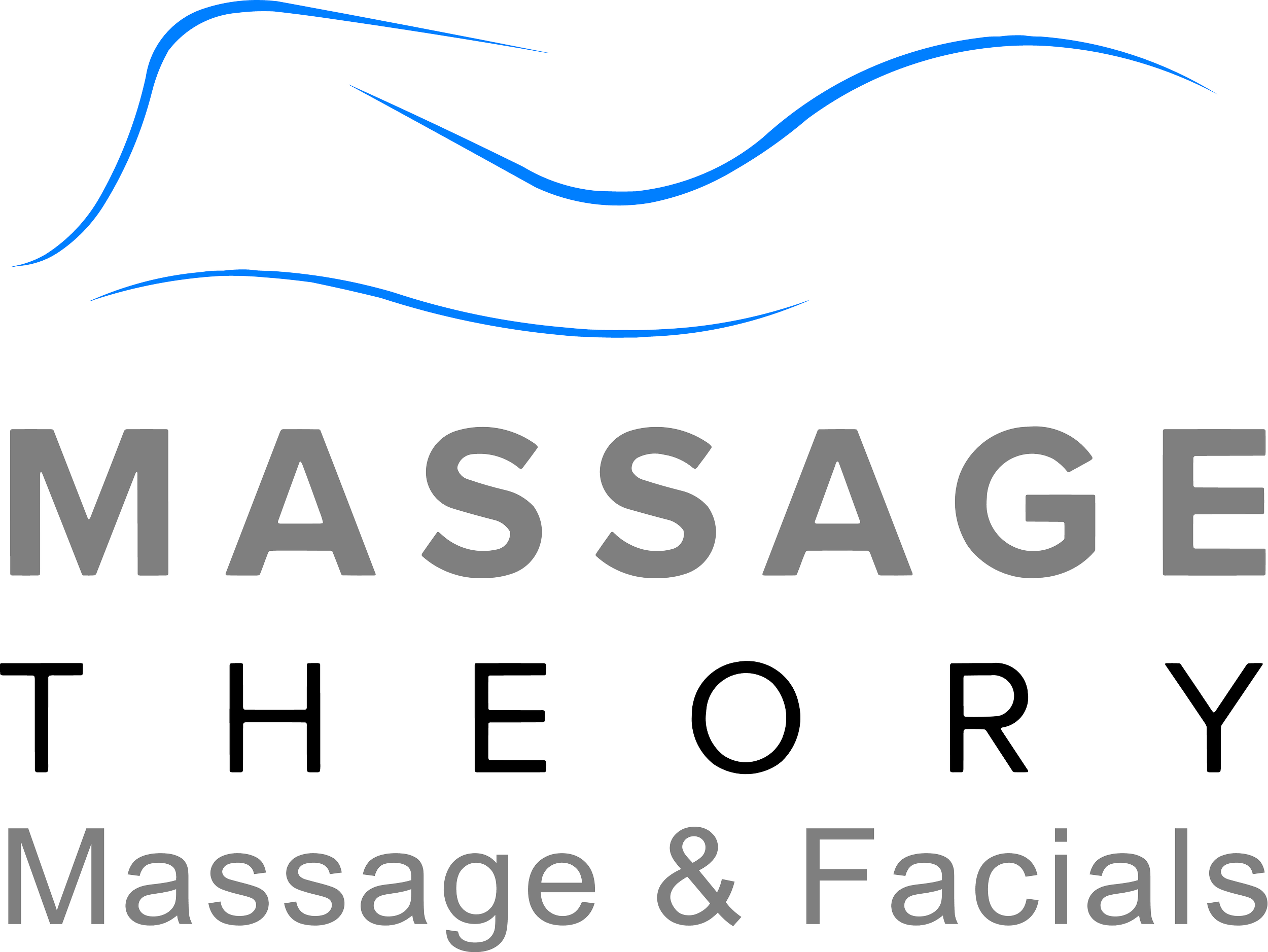Talking During a Massage Vs. Not Talking
So I’ve had many clients throughout my 20 years of practice who have inquired about these questions. Should I talk? Should I not talk? Is it ok to talk? Is it disruptive? Is it not? I’m here today to shed some constructive thought on the matter. Communication from the therapist to the client should always be kept at a minimum and limited to professional inquiries about the clients’ needs and their current physical status. This gives the therapist great constructive feedback on how to better serve you and adjust any forms of treatment that are needed for the massage to be more effective. Most if not all of this communication should be handled up front before the massage begins. There can be a general exchange of personal pleasantries of recent life events but again kept at a minimum to protect the dynamic between therapist and client.
In general, we as therapists encourage a professional connection to all clients and want to engage in conversation, but only to the point it serves the clients overall well-being as that is the goal of what we are trained to do.
Massage therapy is designed to be a way for the body to move out the sympathetic nervous system response and into the parasympathetic. The sympathetic is known as the “flight or fight” response. The parasympathetic is known as the “rest and digest” response. Most people stay in the sympathetic for far too many hours out of the day and that is what creates all the stress that finds its way into the body as soreness, stiffness, and pain.
We as therapists want to provide a setting and use all of our best skills to give your parasympathetic nervous system a chance to do its job, to relax, repair, and recover.
With that being the foundation of our goal, talking, in general, requires the effort of thought and will to keep doing. So in a way, you’re still in a work mode and working while getting massage is not the most effective way to have the benefit of it and here is the science to back it.
Talking keeps the brain waves from moving into “theta”, which is the beginning state of when the parasympathetic response begins to do what it does.
This is why we as therapists should always encourage as much silence during the massage as possible. It’s not that we don’t want you to talk because we don’t care it’s totally the opposite. We are encouraging the best healing response for your body by doing so. We do understand that some clients feel that it relaxes them to talk and to that, I would encourage that client to create some time for themselves before coming to get a massage to start to relax ahead of time. Some of them need to talk maybe the mind still stuck in the work mode and you might need a buffer of time between work and a massage to begin to let yourself relax, come down, and be ready to receive. Blessings to all! Silence is Golden. Keep getting massages as they are a great way to stay happy and healthy!

